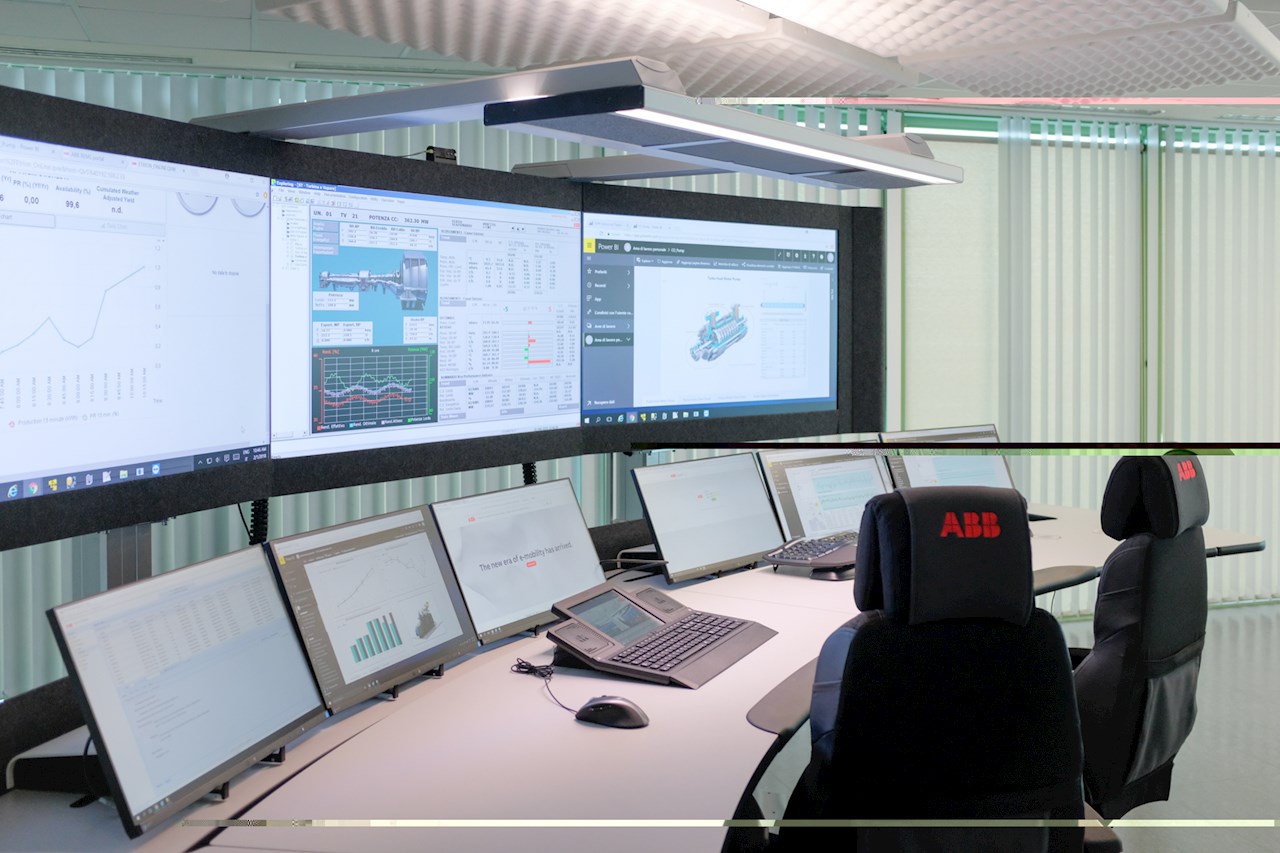The summer of 2019 has brought new temperature records to Europe and North America.
Earlier this month (August 6) the World Resources Institute (WRI) published an alarming report: a quarter of the world’s population faces extremely-high water stress, a situation in which the water resources in a region or country are insufficient for its needs.
The research organization predicted that 17 countries – home to one-quarter of the world’s population— risk running out of water. They face “extremely high” levels of “baseline water stress” as irrigated agriculture, industries and municipalities withdraw more than 80 percent of their available supply on average every year. When a city or a country is using so much of its available water a period of drought can have a catastrophic impact.
Forty-four countries, home to one-third of the world, face “high” levels of stress, where on average more than 40 percent of available supply is withdrawn every year. Countries withdrawing not more than 20 percent of their available water supply have a low to medium risk of running out of water.

Using up too much of available water has caused serious problems already. The institute cites problems all over the world. “Reservoirs in Chennai, India’s sixth-largest city, are nearly dry right now. Last year, residents of Cape Town, South Africa narrowly avoided their own “Day Zero” water shut-off. And the year before that, Rome rationed water to conserve scarce resources,” WRI reports.
The institute suggests increasing agricultural efficiency as one of the ways to reduce water stress. But what if there was a software or a service that would automatically analyze information on water supplies and predict risks? This is where ABB is helping.

The ABB Ability™ Collaborative Operations Center in Genoa, Italy is a place of information and critical insights that can help water utilities increase efficiency and make sure all the water is used in the best possible way. A team of specialists is at the disposal of water utilities to help them maximize productivity and efficiency to keep water stress levels as low as possible. At the same time, customers’ profitability and productivity increase through better asset performance, higher safety and security, reduced risk and lower costs.
The center employs a range of different ABB technologies, software and services to automatically gather and analyze information about the process and risks of water production. Customers at operating sites work with ABB experts in the Collaborative Operations Center to ensure that each water plant is operating within regulatory, load, environmental and cyber security requirements.
Another ABB solution, which can help to optimize the business of water supply, is the ABB Ability™ Electrical Distribution Control System. Italy’s public water utility Consorzio di Bonifica Veronese (CBV) reduced operational costs by 30 percent and maintenance time by as much as 40 percent with the help of the system.
By giving the utility’s circuit breakers eyes and ears, in terms of sensing, and connecting them to the cloud; using algorithms, ABB supports decision making, enabling the water supplier to monitor and manage operations via an intuitive online interface to improve their services.
Many cities in the world struggle to get water through their pipes to the customers. Highlighting the problem, in the United Kingdom chief executives of water utilities were called in last year to explain why leakage was so high. Research showed that some water utilities in the UK were leaking around two bathtubs of drinking water a day per household, caused by outdated infrastructure. ABB solutions can help in this area as well.
A great success story is the Vietnamese city of Ho Chi Min, which had been losing 30 percent of its drinking water through its old infrastructure. “The water supply system in Ho Chi Minh City has been in place for 60-70 years. Over time the infrastructure has deteriorated. And water losses are high,” said Tran Quang Minh, deputy general director at SAWACO, the city’s water utility.
SAWACO has an ambitious target to reduce water leakage to 10 percent by 2020 from a current 30 percent and uses ABB AbilityTM Symphony® Plus, a distributed control system especially tailored for the water and power industries., to reach that target.
ABB AbilityTM Symphony® Plus integrates a sophisticated leakage detection and management system from the water network management company TaKaDu. The project deploys several data collection points, such as sensors and meters for flow and pressure monitoring, to the water network, and enabling SAWACO to digitally monitor the network conditions in “nearly real time”.
The utility is able to continually detect, analyze and manage network events transforming that information into immediate actions to reduce the water losses.
“In many parts of the world maintaining the water supply infrastructure will become increasingly complex and difficult,” SAWACO’s Tran Quang Minh said. “In Vietnam we believe that with the support of technology providers such as ABB we will build and maintain a water supply and infrastructure for Ho Chi Minh City for now and for the future.”








